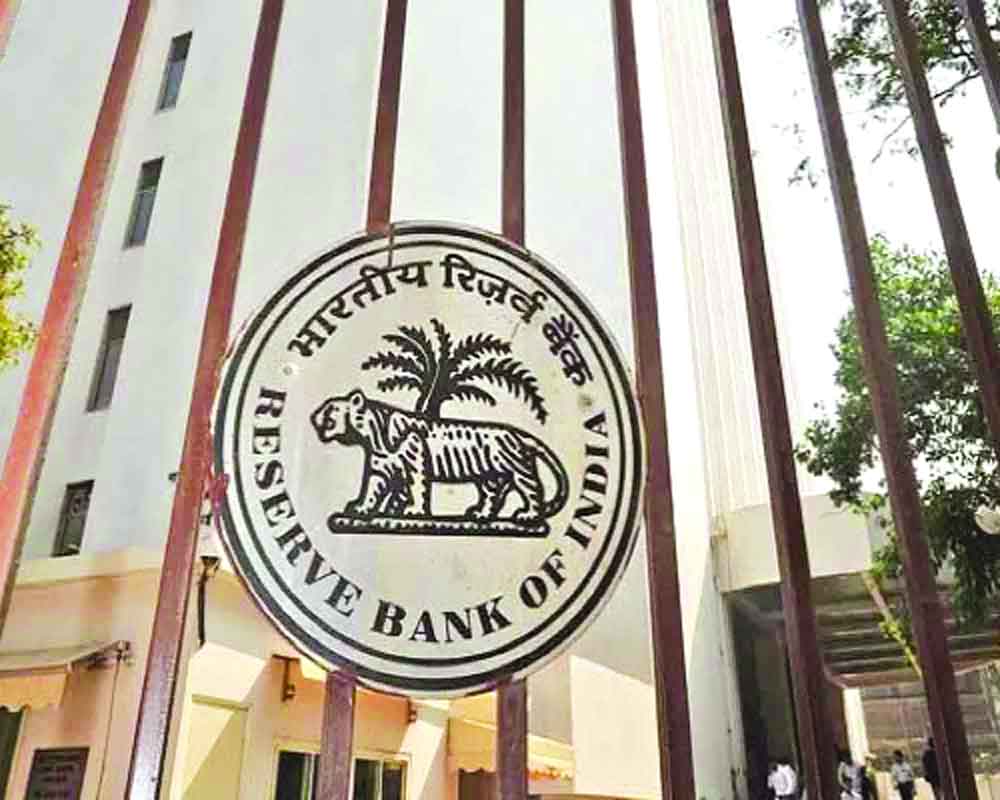Will the move to allow private equity firms to buy stakes in PSBs act as panacea?
The Narendra Modi Government wants to do away with the 10 per cent cap for individuals holding shares in public sector banks (PSBs); this will go a long way in helping their privatisation. The move will pave the path for the participation of private equity (PE) firms to buy stakes in PSBs. According to a news report, the Government may propose changes through the Banking Laws (Amendment) Bill that aims to change the Banking Companies (Acquisition and Transfer of Undertakings) Act as well as the Banking Regulation Act. The condition of PSBs is such that only a doctrinaire socialist can oppose their privatisation. PSBs have been tormenting the taxpayer who had to pay `310,997 crore for their recapitalisation in just four years, between 2016-17 and 2020-21. The resolve shown by the Government to tackle the problem of non-performing assets (NPAs) or bad debts has done some good to the health of PSBs. They earned a combined net profit of `31,820 crore in 2020-21 after suffering collective losses for five straight years. Just because the PSBs are in the black doesn’t mean that they would soon be in the pink. Their main problem is structural: owned by the Government, they are run by politicians and bureaucrats, who are surely not the finest specimens of mankind. Further, they are trained and expected to manage administration, maintain law and order and ensure national defence, not to run banks — or, for that matter, other public sector enterprises.
If and when PSB privatisation begins, it will face resistance from various quarters. Few want to see a public sector entity become private. The administrative Ministries concerned lose control over organisations with the potential to distribute favours. Unions don’t like privatisation because private businesspersons are not as indulgent as Ministers and bureaucrats are. Leftists don’t like it because they anyway don’t like anything good happening. Even the organisations run by the Sangh Parivar are suspicious of privatisation. In folklore, it is akin to selling family silver — sab kuchh bech rahe hain yeh log. Against this backdrop, it would be very difficult to sell PSBs. The Air India sale was relatively easy because the airline had become junk; everyone knew that under the Government the national carrier would remain a white elephant. But not many believe that banks have reached that stage, so there will be resistance from not just the professional revolutionaries and permanent naysayers but also from people at large. Another challenge the Modi regime would face while selling PSBs would be regarding the nature of buyers. An Internal Working Group (IWG) of the Reserve Bank of India had favoured last year the grant of banking licences to big corporate houses. The Central bank, however, has not accepted the recommendation so far — and rightly so. The Government would be advised to have a similar policy: it mustn’t allow major business houses to bid for PSBs. Otherwise, it could attract the allegation of cronyism.


























